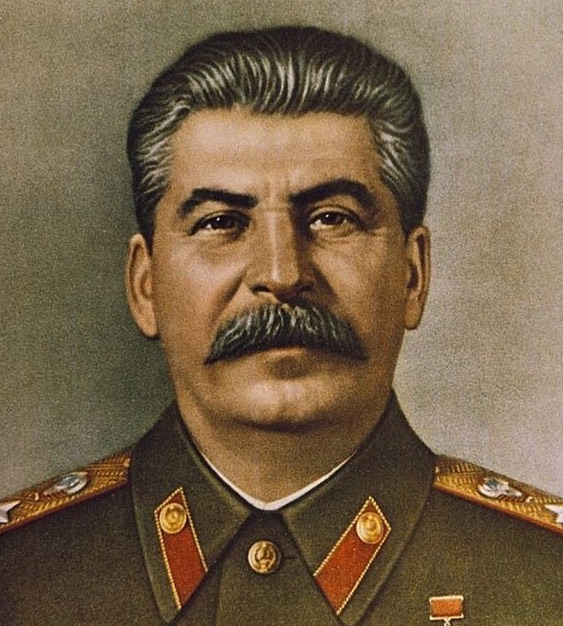
A BBC journalist – whose name he cannot remember – surprised him by calling in February 1989 to ask him what he thought of the death sentence issued from Tehran. The introductory chapter already proposed a detailed chronicle of the day when everything was turned upside down in a seismic way. What awaits us in the remaining six hundred, the reader wonders? Who warns does not betray.

The vital chronology of Rushdie’s first forty years – birth in Bombay, family, studies at Cambridge, the failure of his initial literary attempts, his first marriage – consumes, in fact, barely a hundred pages. “A BBC journalist – whose name he cannot remember – surprised him with a call in February 1989 to ask him what he thought of the death sentence issued from Tehran”

An autobiography, but distant, as if the author had become someone else: it is narrated in the third person and that is why there is no lack of disconcerted references to his “old self”, the one before Ayatollah Khomeini’s fatwa. It is about his memoirs, reasonably called, in homage to that false name, joseph anton. And understand to what extent his experience has been absurd and cruel. Why? Because he allows you to put yourself in his shoes and share his ordeal firsthand. However, a barely cited title of his in these days of inevitable semblances could serve to show virtual solidarity with Rushdie. Rushdie remembers, with his stories with a thousand-one-night air, a somewhat delayed follower of magical realism who, in addition, read Borges (there are other echoes too, confessed, such as that of Günter Grass). For a Latin American reader –beyond the interest of the story, centered on a character who was born in coincidence with the independence of India–, it will sound less original than to an English ear. If forced to a novel, the natural thing would be to end up in the multi-awarded children of midnight, a key work for the acceptance of postcolonial literature in the heart of the old empire. Or, possibly, those who want to corroborate the imbecility of any fundamentalism: if they go to the satanic verses you will find that it is no big deal, not even in heretical terms.


After condemning the obvious – the heinous, medieval attack he suffered – Rushdie should be read by those who think his books might interest them. “The memories joseph anton allow them to put themselves in their shoes and share their ordeal firsthand”Īn ethical argument does not have to translate into aesthetic voluntarism.


 0 kommentar(er)
0 kommentar(er)
